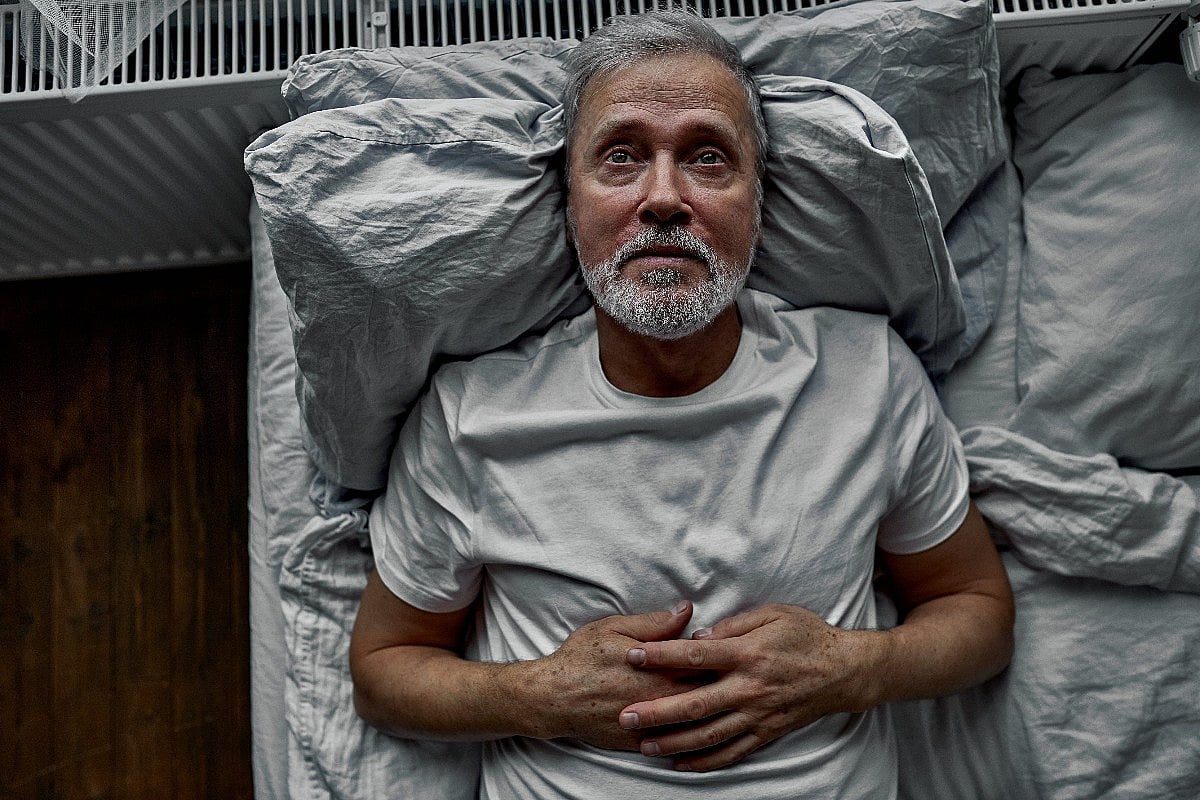Get Healthy!

- Dennis Thompson
- Posted July 18, 2024
Race, Insurance Stop Many Hispanics From Getting Post-Stroke Care
Hispanic people -- particularly those without insurance -- are less likely to get the additional care needed to recover from a stroke, a new study finds.
Hispanic folks are less likely to be treated at a rehab facility or receive home health care following hospitalization for a stroke, compared to white and Black people, according to results published July 17 in the journal Neurology Clinical Practice.
“Receiving the right care after a stroke is crucial to recovery and minimizing disability,†said researcher Dr. Shumei Man, a neurologist with the Cleveland Clinic in Ohio.
“Our study found a distinct pattern of disparities in care after stroke in the U.S. for uninsured people, especially for uninsured Hispanic people, who had the lowest chance of receiving additional care after a stroke,†Man added in a journal news release.
For the study, researchers looked at medical records for more than 1.1 million people who had a stroke.
They found that 49% of Hispanic people did not receive home health care following hospital treatment for a stroke, compared with 42% of whites.
In addition, only 29% of Hispanic stroke survivors were sent to a rehab center or skilled nursing facility for further treatment and care, compared to 37% of white and Black people.
Insurance status played a strong role in who got additional care after a stroke.
People with no insurance were 56% less likely to be sent to a rehab or nursing facility and 21% less likely to get home health care services, compared to people with private insurance.
Hispanic people in particular struggled with insurance coverage of stroke care.
Among those covered by Medicare or Medicaid, Hispanic people were 20% less likely than whites to be sent to a rehab facility.
Likewise, among the uninsured, Hispanic folks were 26% less likely than whites to receive home health care.
These sorts of disparities were not seen among Black people, researchers found.
“In fact, compared with white people, Black people were 33% more likely to be discharged to a rehabilitation facility over home, and 42% more likely to be discharged to home health care over home without service,†Man said.
There also were geographic differences in stroke care, results show.
Hospitals in the New England area were the most likely to send a stroke survivor to a rehab center for further care rather than discharging them home, researchers found.
They were twice as likely to refer stroke victims to rehab care than hospitals in the Pacific states of Alaska, Washington, Oregon, California and Hawaii, results show.
“These findings indicate that targeted efforts are needed to improve access to care after stroke for people without insurance, especially Hispanic people, as well as those in specific regions to ensure optimal recovery and successful community transition for all people across the country,†Man said.
More information
The American Stroke Association has more about recovery following a stroke.
SOURCE: American Academy of Neurology, news release, July 17, 2024
